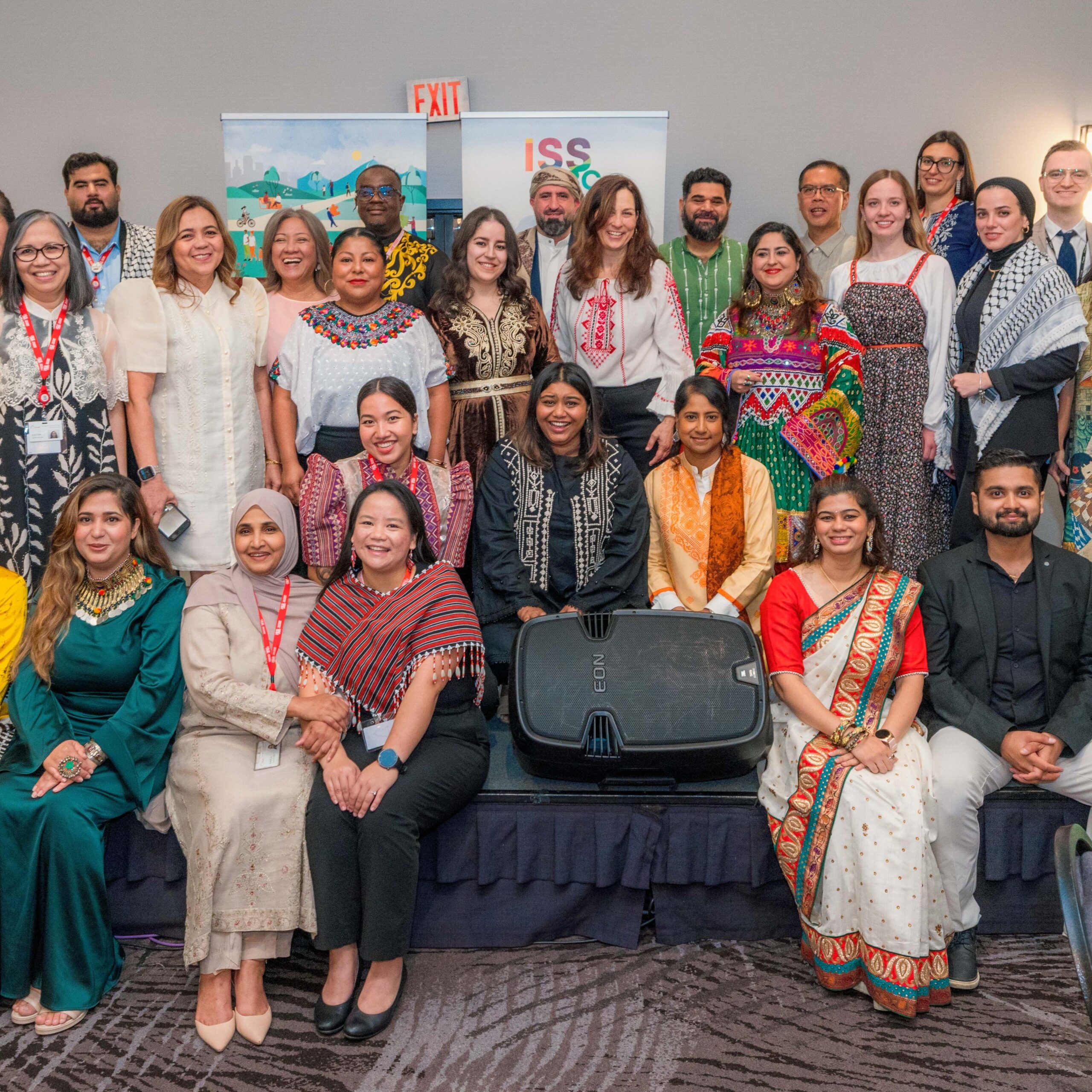Sunita Dhir, BC’s Parliamentary Secretary for International Credentials, visited our Victoria Drive Welcome Centre in early July 2025 to discuss how British Columbia’s International Credential Recognition Act (ICRA) is impacting newcomers and their ability to restart their careers in the province.
During her visit, Secretary Dhir spoke with Wifak, who joined our Career Paths for Skilled Immigrants program soon after arriving in BC. Wifak explained the practical and personal challenges she experienced and how ISSofBC supported her in meeting her career goals.

What’s working with the ICRA?
In the meeting with Secretary Dhir, Laurie Koch, Director of Career Services at ISSofBC, explored insights we have collected from our other newcomer clients on how the ICRA has improved the recredentialling process in BC, as well as the issues that remain.
The ICRA has made progress by creating a shared provincial standard across professional regulators. Reporting on credentialing timelines, outcomes, and identified barriers is now required, which is a major step toward greater transparency and monitoring.
The Act also brings renewed attention to international agreements that facilitate the recognition of credentials, such as the Washington Accord for engineers and reciprocal arrangements for accountants through Chartered Professional Accountants Canada. These models, although predating the Act, now serve as examples for reform, encouraging more equitable and efficient processes.
In addition, the ICRA has sparked further discussion on ensuring we have modern and consistent assessment frameworks. Regulators have noted that while traditional degrees from countries like the UK or Australia are easier to evaluate, newer BC-based interdisciplinary programs sometimes face the same scrutiny, showing that credential challenges affect both foreign and domestic applicants.
“Despite these improvements, there are still systemic challenges newcomers must overcome to restart their careers in BC.”
What issues remain?
Despite these improvements, there are still systemic challenges newcomers must overcome to restart their careers in BC. Many internationally trained newcomers still face long wait times and standards that could be more current and consistent. Processes, including appeals, still vary, and the cost of credential assessment fees can be challenging for some.
The Path Forward
The ICRA has laid essential groundwork, with further inter-governmental coordination coming with the new federal Bill C-5, which proposes automatic national recognition and a federal framework for labour mobility.
We highlighted several potential areas for policy action, including the need for regular reviews of credentialing criteria, training for credential assessors who work with newcomers, increased awareness among employers, and ongoing analysis of professions and/or countries of origin that may experience particular delays or barriers.
As we face the challenge of profession– and industry-specific labour shortages, especially in healthcare and skilled trades, enabling newcomers to put their skills to work more quickly is a win-win for immigrants and Canada.
Read the full ICRA briefing here.




